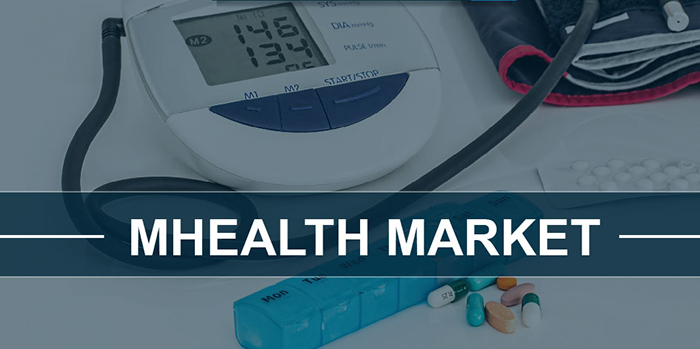

The market dynamics for telehealth and virtual care continue to evolve, and virtual care ecosystem players must understand how consumers have experienced these changes to better position themselves and design their solutions.

The market dynamics for telehealth and virtual care continue to evolve, and virtual care ecosystem players must understand how consumers have experienced these changes to better position themselves and design their solutions.

Digital transformation is especially important to medical device manufacturers because they must have good quality data, and especially tracking metrics, to track complaints and device performance to comply with regulatory requirements. And these requirements are just getting stricter.

The application of AI in telehealth to allow doctors to make real-time, data-driven rich choices is a key component in generating a better patient experience and improved health outcomes.

The mHealth industry is rapidly disrupting traditional healthcare delivery by leveraging the power of mobile communication technologies and wearable devices.

Growing pressure on the manufacturing industry from rising prices, new regulations and supply chain uncertainty have accelerated medtech’s digital transformation. COVID-19, in particular, has encouraged medical manufacturers to adopt more resilient and agile working practices. New technology can enable process changes and business strategies that help medical manufacturers become more flexible and responsive to changing…

Investment in new health-related technologies has been greatly accelerated by the pandemic.

If teams across regulatory, quality and safety functions—as well as further across the life sciences enterprise—are to be able to think and operate in more agile and dynamic ways to achieve what is necessary, then the way that they generate, manage and store documents and data needs to change fundamentally. Regulatory changes (e.g., towards data-driven submissions activity, more dynamic item/label tracking, etc.) are prompting some of this change, but cannot be relied upon exclusively to drive the process improvements now needed.

As the country emerges from the COVID-19 pandemic, it’s time to evaluate and assess lessons learned and find any possible silver linings derived from the crisis. This includes telehealth and the use of remote technology.

EMA’s IDMP is not the pinnacle of data-based product/regulatory information management. It is simply the first in what will be a long line of digital requirements to emerge globally, across all facets of life sciences. This article reviews best practices for companies looking to maximize the ROI of their data-driven process transformation initiatives by making them more broadly fit for the future.

This pioneering area of technology comes with new risks and questions of liability.